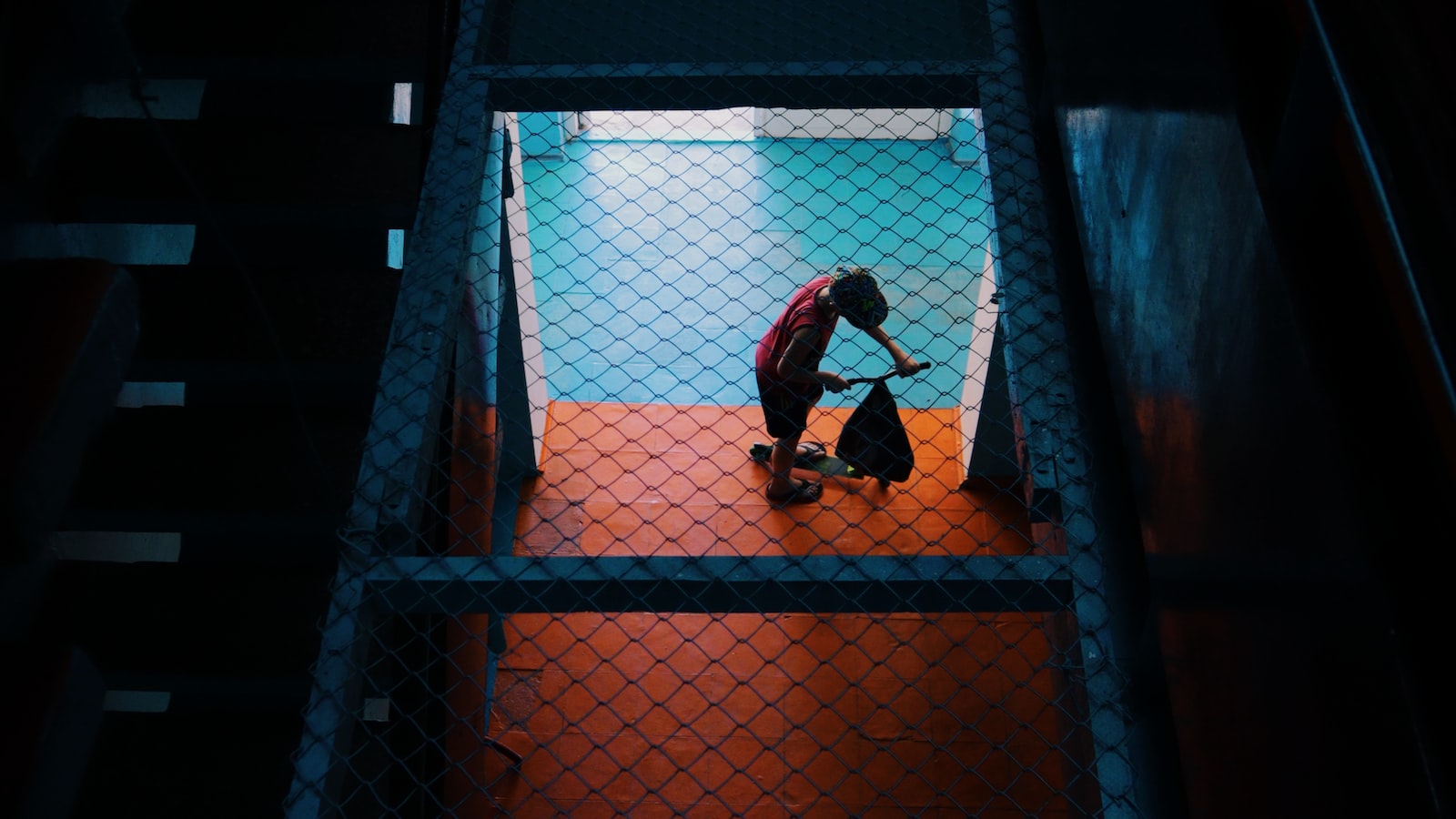By championing reforms to achieve “glasnost” (openness) and “perestroika” (restructuring), Gorbachev inadvertently unleashed forces that led to the dissolution of the Soviet Union and his own ouster.
By championing reforms to achieve “glasnost” (openness) and “perestroika” (restructuring), Gorbachev inadvertently unleashed forces that led to the dissolution of the Soviet Union and his own ouster.
Mikhail Gorbachev changed the course of modern history by triggering the demise of the USSR and allowing Eastern Europe to free itself from Soviet rule, earning him accolades in the West but the scorn of many Russians.
By championing reforms to achieve “glasnost” (openness) and “perestroika” (restructuring), Gorbachev inadvertently unleashed forces that led to the dissolution of the Soviet Union and his own ouster.
Lionised in the West for championing freedom and change at a time when many feared the Cold War would never end, Gorbachev became a figure of hate for many Russians who held him responsible for the destruction of the once-mighty Soviet empire.
In most instances while he was in power, Gorbachev chose peace over confrontation, hastening a thaw in ties with the West through close relationships with Western leaders such as German Chancellor Helmut Kohl and US President Ronald Reagan.
Britain’s Margaret Thatcher famously remarked: “I like Mr Gorbachev. We can do business together.”
But the more he relaxed restrictions during his 1985-1991 rule, the more he was sidelined by the energetic Boris Yeltsin, then a fast-rising Communist official.
By the time the USSR collapsed, Gorbachev had become irrelevant.
Over the past decades, an increasingly frail Gorbachev had an ambiguous relation with President Vladimir Putin, backing the former KGB agent in a new stand-off with the West over Ukraine but criticising him for turning the clock back on democracy in Russia.
Life of Gorbachev
Born March 2, 1931 into a peasant family in Russia’s southern Stavropol region, Gorbachev grew up with the hardships of World War II and the repressive rule of dictator Joseph Stalin, whose regime sentenced his grandfather to nine years in a labour camp.
As a boy Gorbachev was bright and hard working. At 16 he was awarded the Red Banner of Labour for helping in a record harvest, and in 1950 he won a coveted place at Moscow State University to study law.
In this file photo taken on January 11, 1990 General Secretary of the Communist Party of the Soviet Union Mikhail Gorbachev adresses local residents, in Siauliai during his three-day visit to the Soviet Republic of Lithuania. File
| Photo Credit: AFP
Five years later, the ambitious graduate and his young wife Raisa moved back to Stavropol, where he began a rapid rise through the ranks of the Communist Party, becoming the youngest member of the Politburo, at age 49, in 1979.
He took over the world’s biggest state and second superpower in 1985, when he was elected general secretary of the Communist Party.
At 54 and full of fresh ideas, Gorbachev was a startling contrast to the geriatric ideologues previously in control of the Kremlin.
His foreign policy choices sent shockwaves through the world order. He defused the US-Soviet nuclear standoff with a series of disarmament agreements, withdrew Soviet troops from Afghanistan, and loosened the reins on the leadership of Moscow’s Eastern European satellite countries.
At home, his perestroika and glasnost policies set off seismic changes.
Thousands of political prisoners were freed, among them scientist and dissident Andrei Sakharov.
Rocky political career
But storm clouds were gathering. Gorbachev’s attempt in 1985 to crack down on chronic alcohol abuse was
Read More

